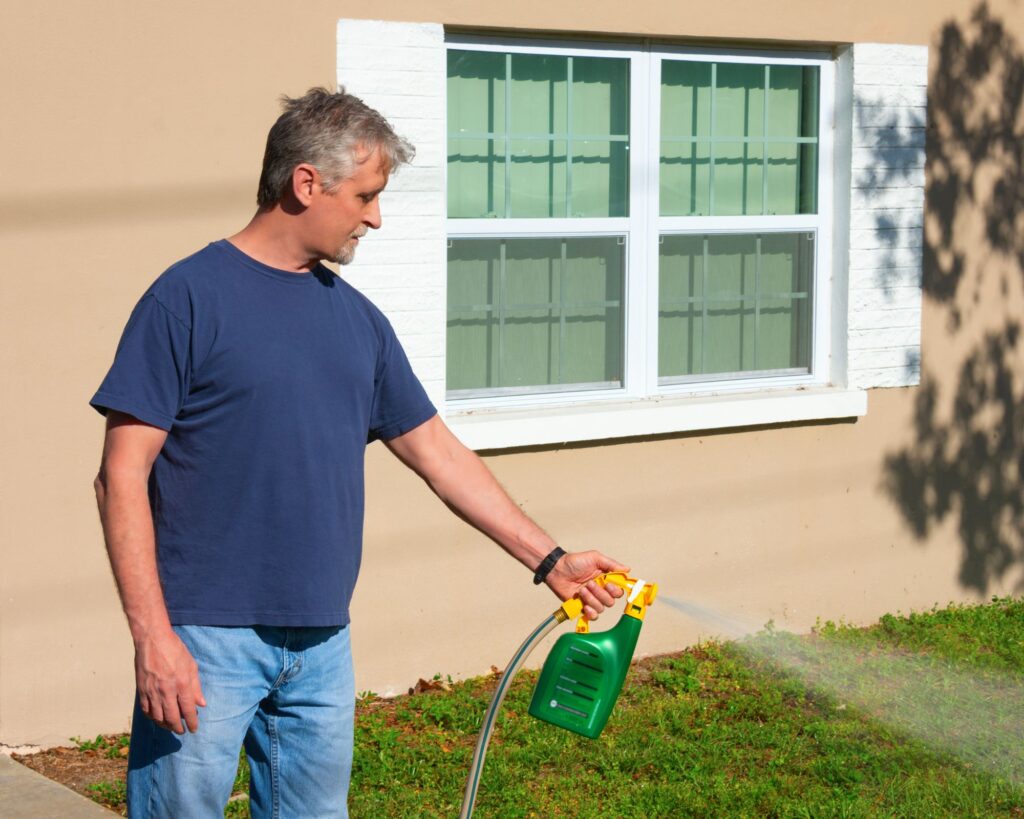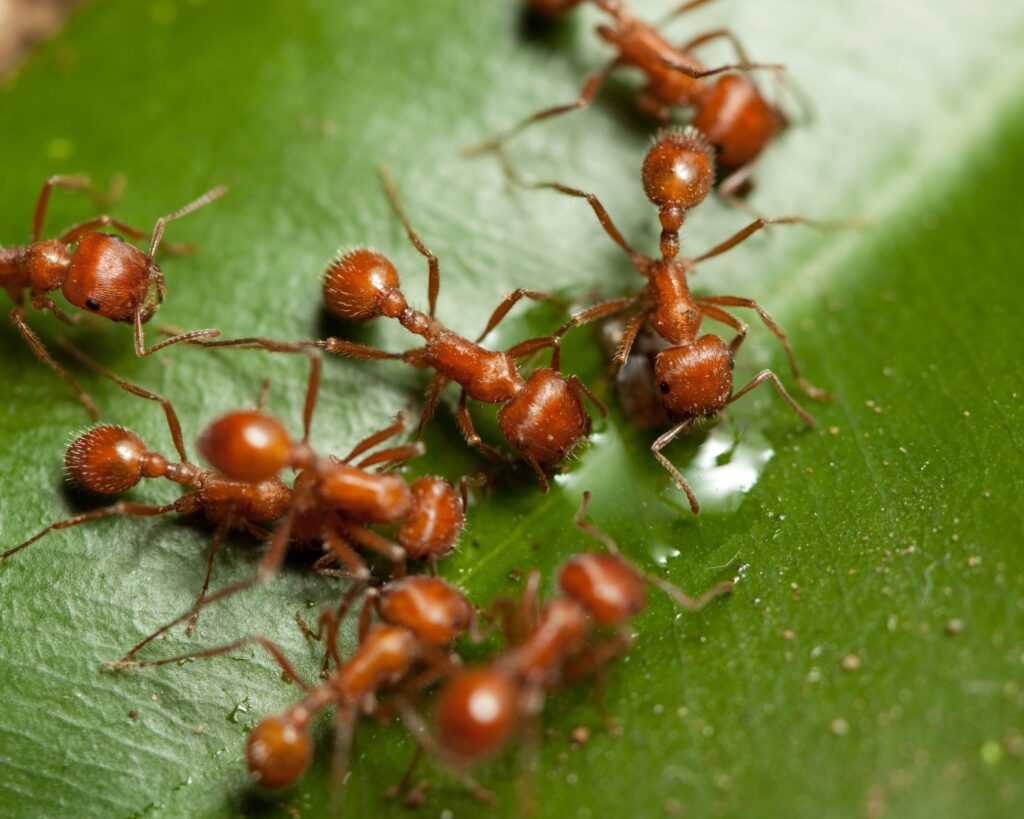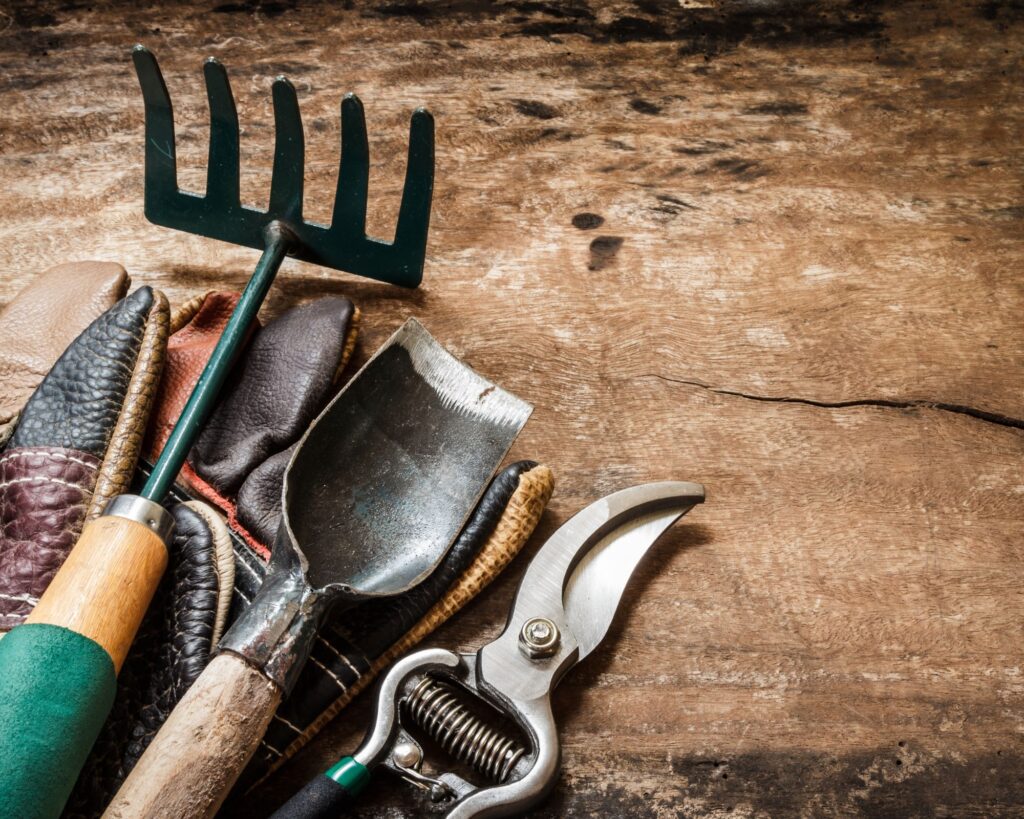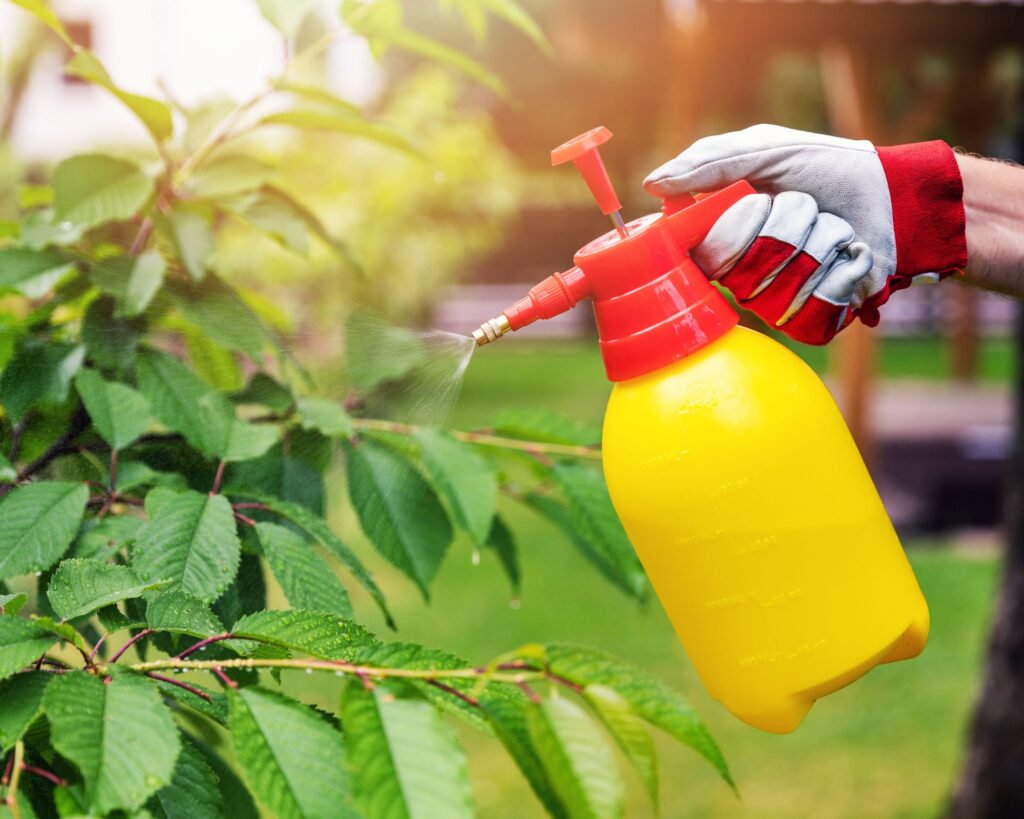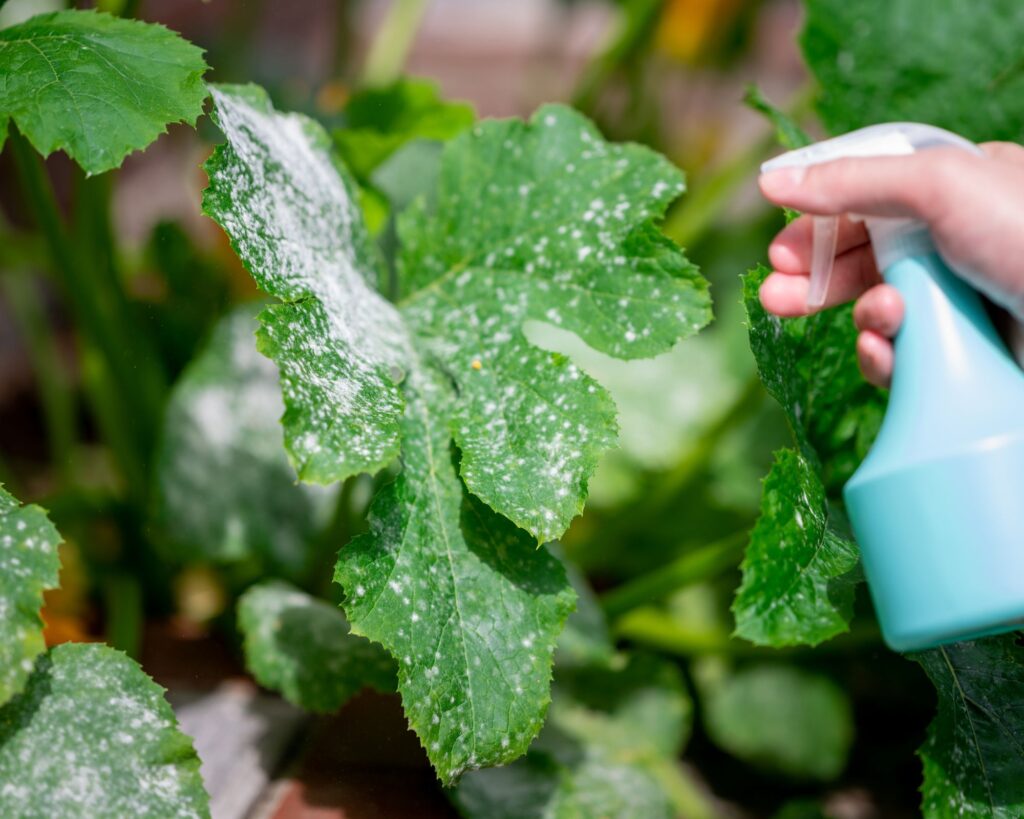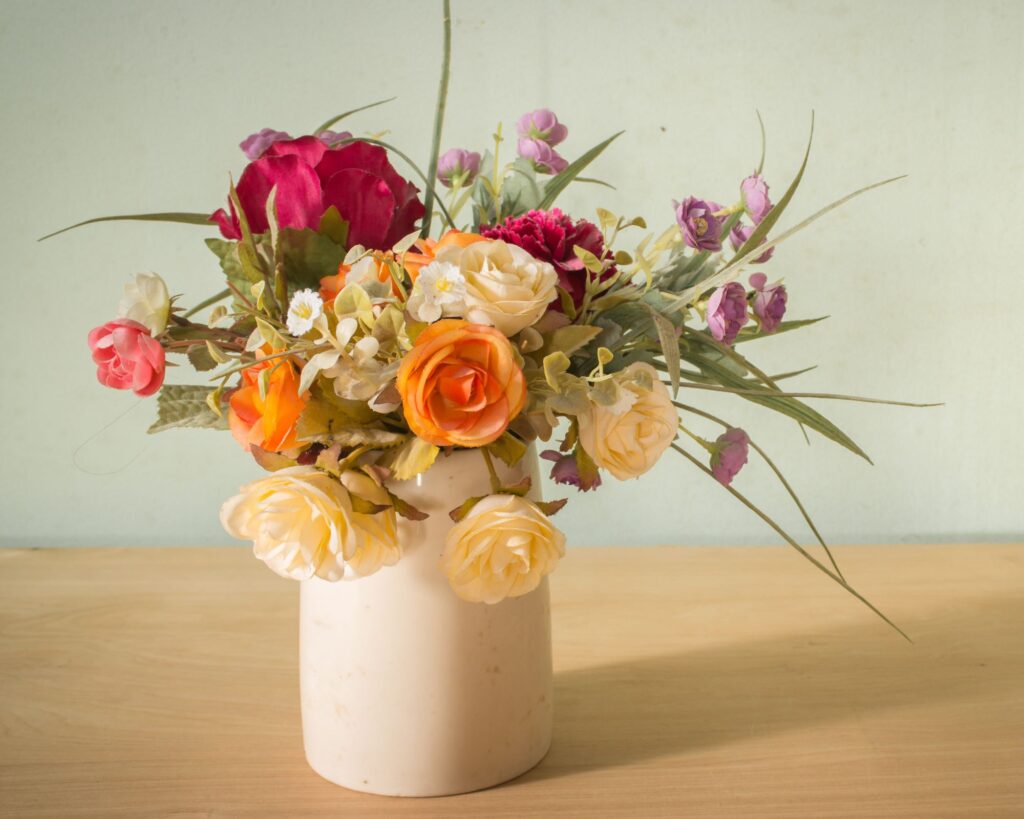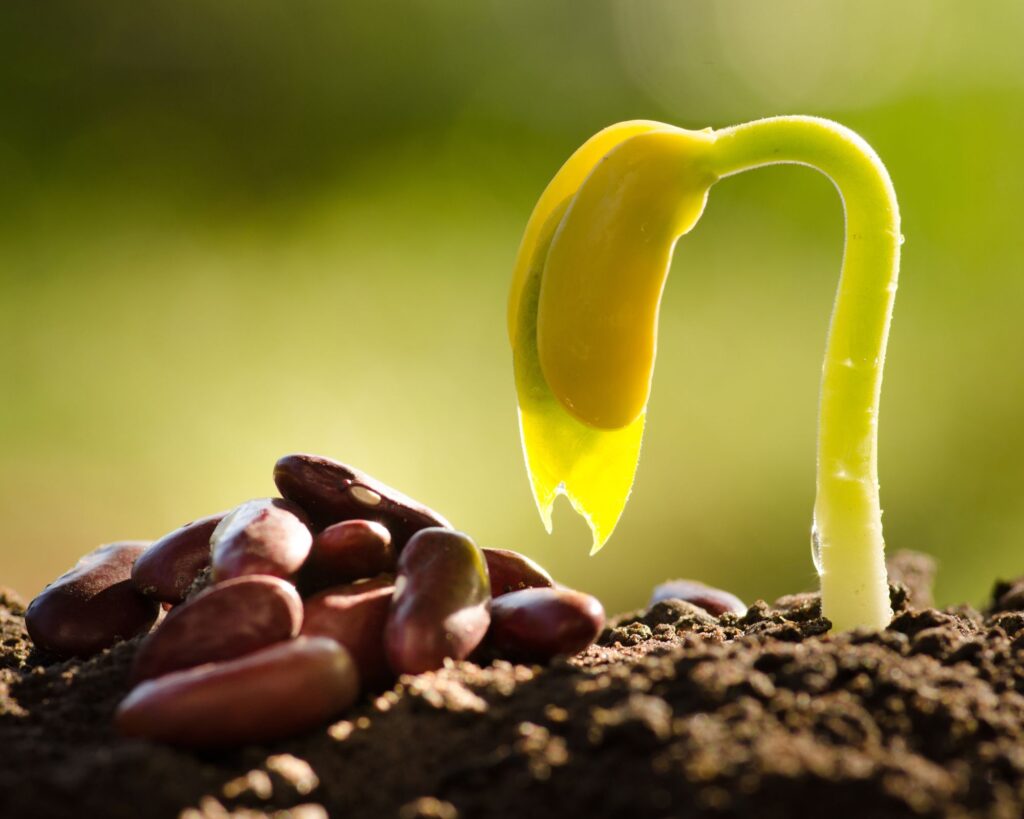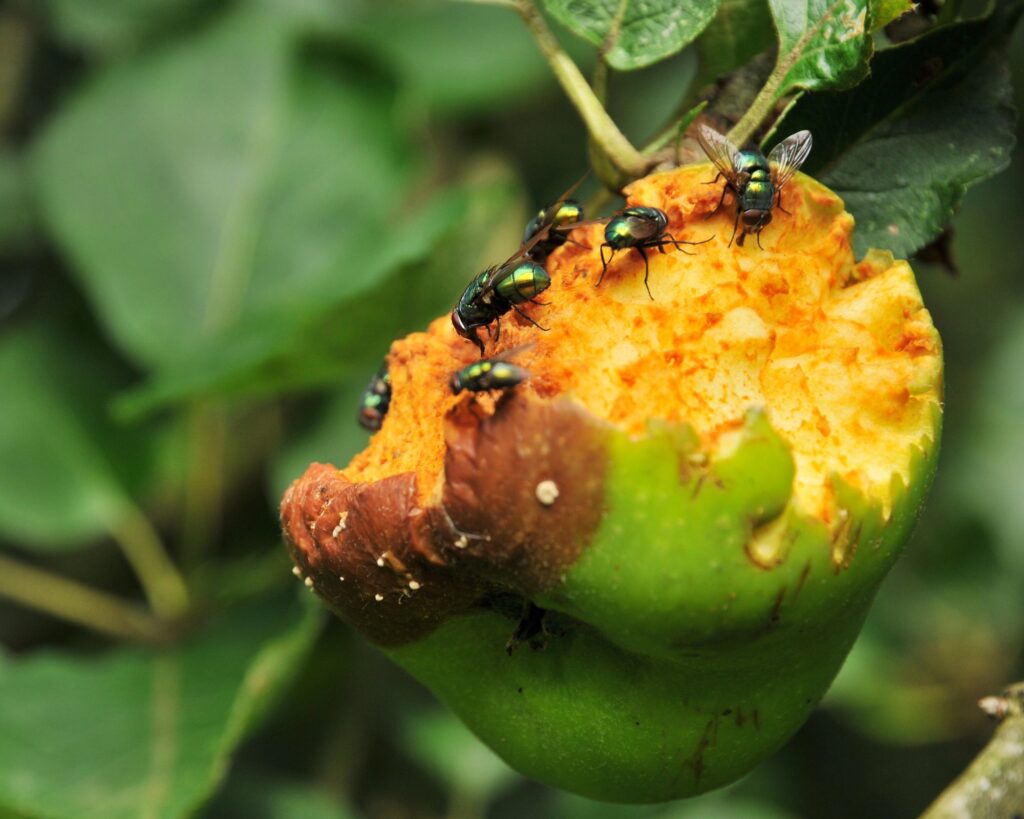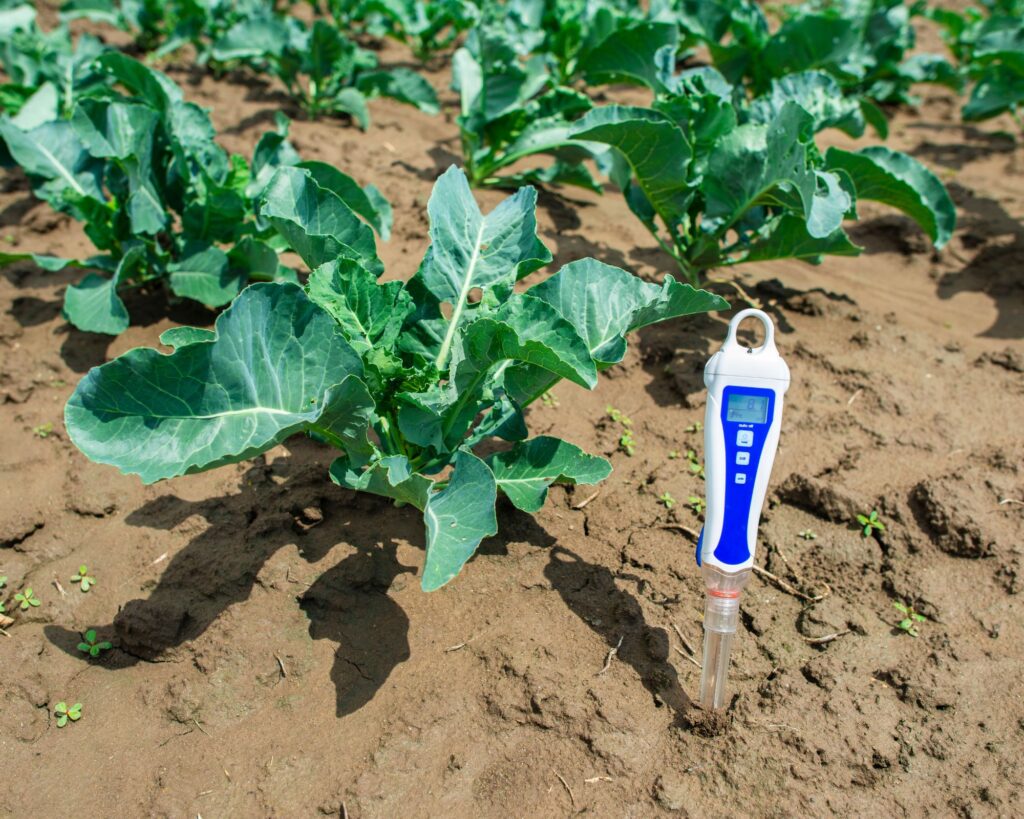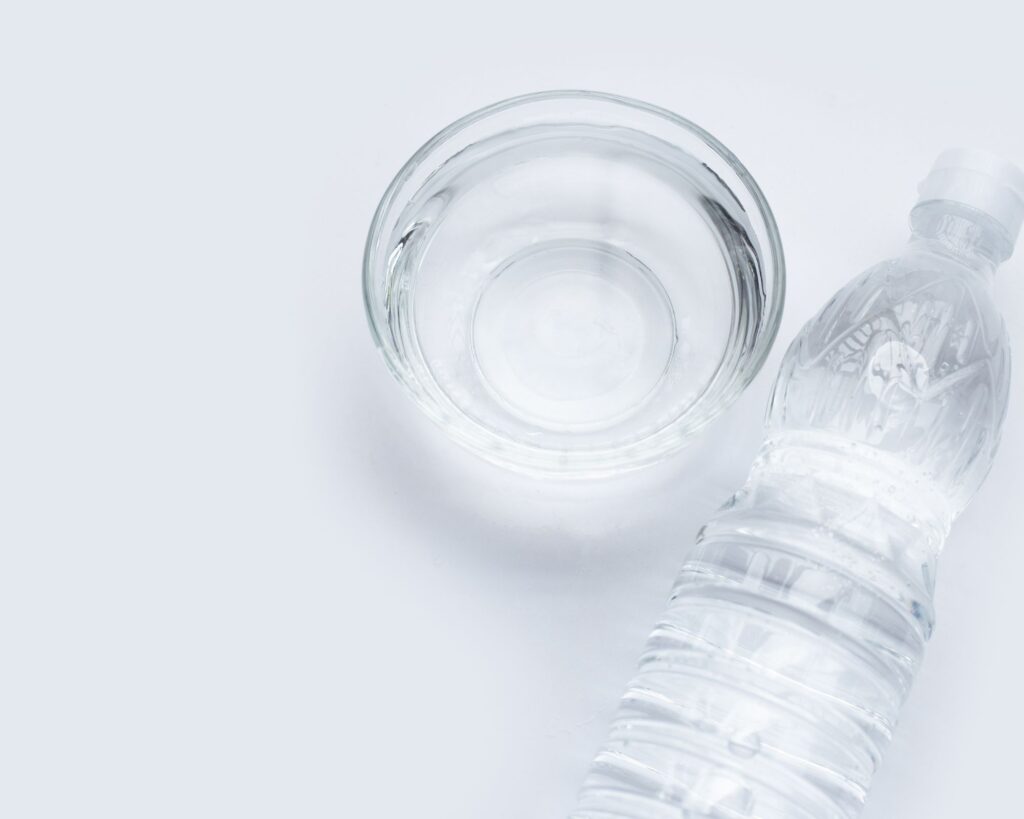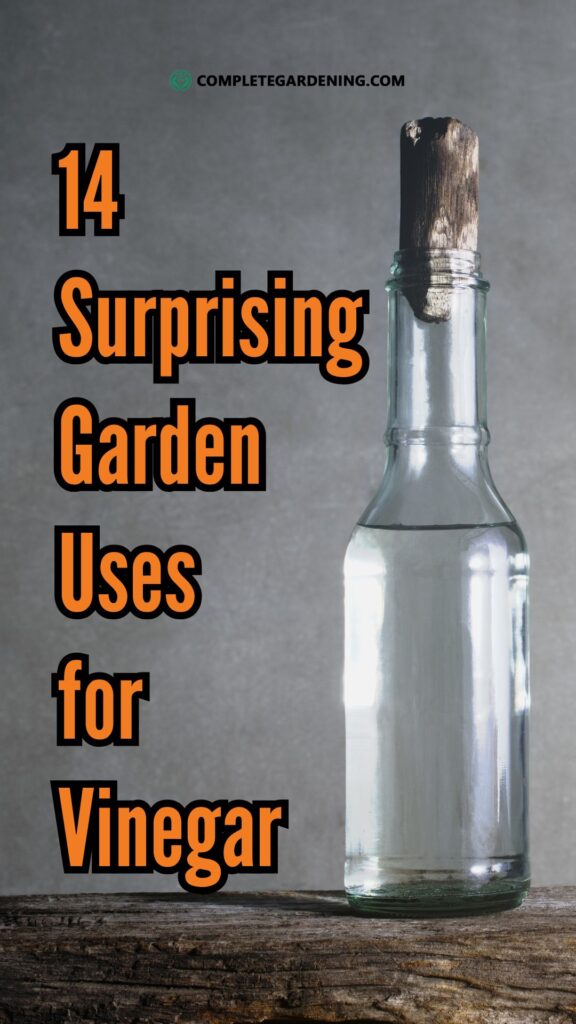Vinegar is often associated with culinary uses and household cleaning, but its benefits extend far beyond the kitchen.
This everyday staple, derived from acetic acid, is an unsung hero in the gardening world, offering natural, chemical-free solutions for common challenges.
Its versatility makes it a must-have for gardeners seeking eco-friendly alternatives to maintain a lush and thriving outdoor space.
Whether it’s controlling weeds, deterring pests, or balancing soil pH, vinegar proves that simple solutions can deliver significant results.
Explore the myriad of ways vinegar can enhance your gardening routine and discover why it should become an essential part of your green-thumb toolkit. Here are 14 amazing things that happen when you use vinegar in your garden!
1. Natural Weed Killer
Vinegar is an effective, non-toxic herbicide for tackling unwanted weeds. The acetic acid draws moisture out of the weeds, causing them to dry up and die.
For the best results, use white vinegar with at least 5% acetic acid and apply it directly to the leaves on sunny days. Be careful not to spray it on your desirable plants, as it can harm them too.
2. Keeps Ants at Bay
Ants can wreak havoc on gardens, especially when they build mounds near roots and disrupt plant growth. Vinegar acts as a natural deterrent to ants.
A simple solution of equal parts vinegar and water sprayed around ant trails and nests can repel them and prevent them from returning.
3. Enhances Soil Acidity for Acid-Loving Plants
For gardeners with acid-loving plants such as azaleas, rhododendrons, and blueberries, vinegar can help.
Adding a cup of white vinegar to a gallon of water and using it to water the soil can temporarily lower the pH level.
This gives a quick boost to plants that thrive in acidic conditions. Remember, use this solution sparingly as overuse can harm the soil.
4. Cleans Garden Tools
Rust and grime can accumulate on garden tools over time, affecting their performance.
Soaking tools in undiluted vinegar for a few hours and then scrubbing them with a brush can remove rust and debris.
This helps keep your gardening tools in good shape and prolongs their lifespan.
5. Repels Pests from Plants
Certain pests, such as slugs and snails, avoid the strong smell and acidity of vinegar.
Spraying a diluted vinegar solution around the edges of your garden bed or on the ground (not directly on the plants) can create a barrier that deters these pests.
For added protection, you can also spray vinegar directly on garden walls and pots.
6. Removes Mold and Mildew
Mold and mildew can develop on plants and garden surfaces due to excess moisture. Vinegar’s antifungal properties help combat this.
A solution of one part vinegar and three parts water sprayed on affected surfaces can help remove mold and prevent future growth.
Apply this remedy early in the morning or late in the evening to prevent sun damage to your plants.
7. Cleans Birdbaths and Garden Decor
Birdbaths and garden ornaments can accumulate algae, grime, and mineral deposits. Cleaning them with vinegar is a simple and safe method.
Use undiluted vinegar and a brush to scrub surfaces clean, then rinse thoroughly with water.
This keeps birdbaths inviting for wildlife and ensures your garden décor stays pristine.
8. Removes Mineral Deposits from Clay Pots
Clay pots often develop white mineral deposits from water and fertilizer salts. These deposits can mar the aesthetic of your garden.
Soaking the pots in a mixture of equal parts vinegar and water can dissolve the buildup.
After soaking for an hour, scrub with a brush and rinse to make your pots look new again.
9. Prolongs the Life of Cut Flowers
Fresh cut flowers add beauty to any space, and vinegar can help extend their life.
Adding two tablespoons of vinegar and a teaspoon of sugar to a vase of water helps nourish the flowers and prevents bacterial growth, keeping them fresh for longer.
Change the water every few days for the best results.
10. Neutralizes Pet Spots
If you have pets, you might notice discolored patches on your lawn from their urine. Vinegar can help neutralize these spots.
Dilute vinegar with water at a 1:1 ratio and pour it over the affected area. This helps to restore the pH balance of the soil and prevent further damage to the grass.
11. Deters Cats from Digging
Cats may love to roam your garden, but their digging can disrupt plants. To keep cats at bay, spray vinegar around the edges of your garden beds and on garden decorations.
The strong scent deters them from entering the area. Just be cautious not to spray directly on plants, as vinegar can damage foliage.
12. Removes Germination Inhibitors from Seeds
Certain seeds, such as those with hard shells, contain germination inhibitors that prevent them from sprouting.
Soaking seeds in a solution of vinegar and water for 12-24 hours can help remove these inhibitors and promote faster germination.
Use a mixture of one part vinegar to four parts water to prepare seeds for planting.
13. Repels Fruit Flies and Insects
Vinegar can be used to make traps for fruit flies and other small insects. Fill a small container with apple cider vinegar and add a few drops of dish soap.
The vinegar attracts the flies, while the soap breaks the surface tension, causing the insects to fall in and drown.
Place these traps around fruiting plants or outdoor areas prone to infestations.
14. Restores pH Balance in Alkaline Soils
In areas where the soil is too alkaline, vinegar can help restore balance. Mix one cup of vinegar with a gallon of water and apply to the soil every few weeks.
This adjustment can support healthier growth for plants that struggle with high soil pH. Monitor soil pH levels with a test kit to ensure the solution is used appropriately.
Safety Tips for Using Vinegar in Your Garden
While vinegar is an incredible asset, it’s important to use it with caution. Here are some tips to ensure it benefits your garden:
- Test Before Full Application: Always test the vinegar solution on a small area to ensure it won’t damage your plants.
- Avoid Direct Plant Contact: Vinegar can be harmful to plant leaves, so apply it carefully and avoid spraying directly onto foliage.
- Protect Yourself: Wear gloves and eye protection when working with concentrated vinegar to prevent skin irritation and eye discomfort.
Incorporating vinegar into your gardening routine can lead to healthier plants, fewer pests, and cleaner tools and decor.
This simple, inexpensive household item proves to be a versatile and effective solution for common gardening challenges.
By using vinegar strategically, you can create a more manageable and flourishing garden without resorting to harsh chemicals.

